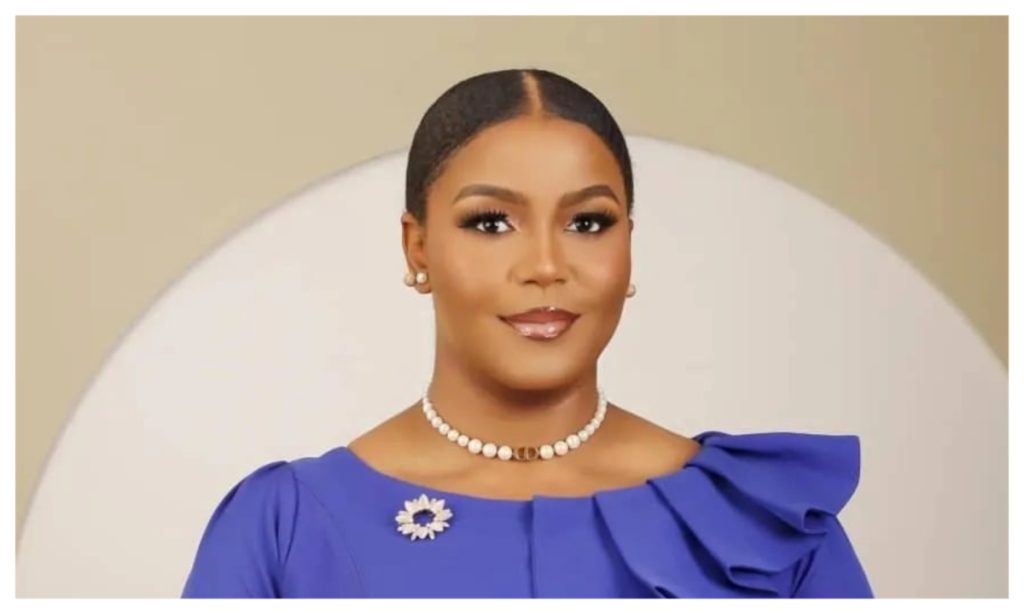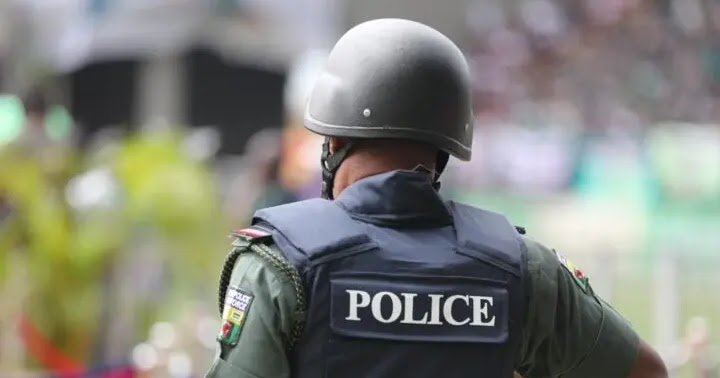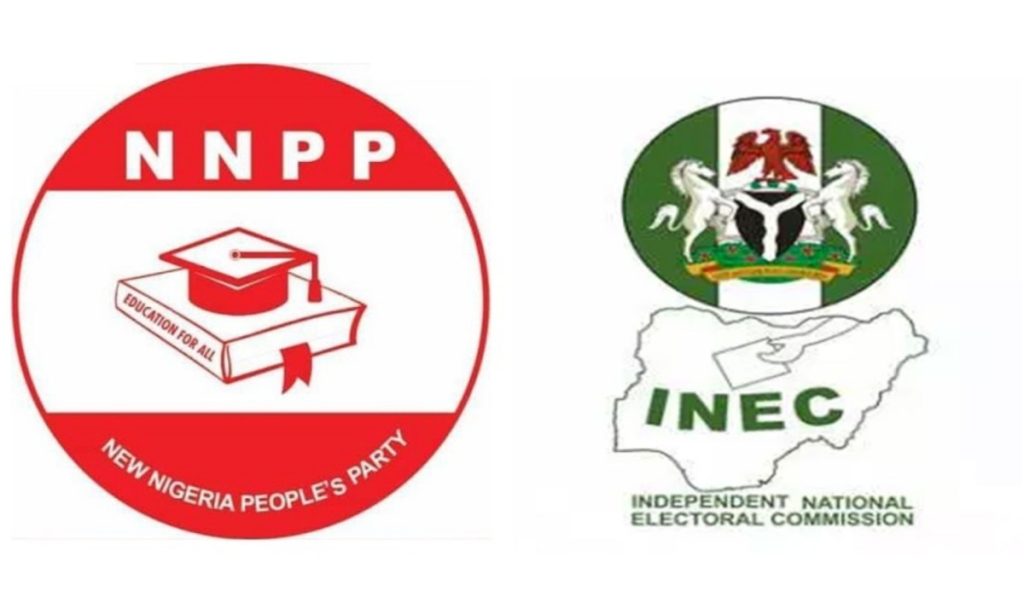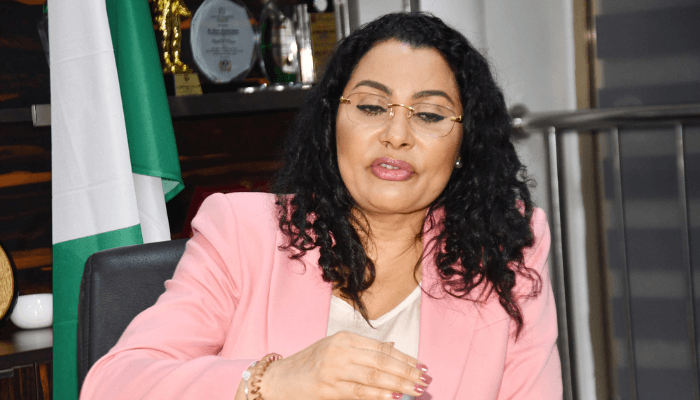A prominent Nigerian political figure has dismissed claims of a rift within the opposition African Democratic Congress (ADC), asserting that attempts to destabilize the party will fail. Salihu Tanko Yakasai, former spokesperson to ex-National Chairman of the ruling All Progressives Congress (APC), Abdullahi Ganduje, stated that the ADC remains unified despite recent internal disputes. His comments followed a controversial declaration by ADC’s former deputy chairman, Nafi’u Bala, who proclaimed himself interim national leader during a press conference in Abuja on Wednesday.
Bala, a former ADC governorship candidate in Gombe State, argued that his prior role as deputy chairman automatically positioned him to lead the party temporarily. He accused the ADC’s current leadership under David Mark—a former Nigerian Senate President—of unconstitutionally seizing control. “The party’s structures have been hijacked in breach of our own rules,” Bala claimed, without providing specific evidence to support his allegations.
Yakasai swiftly countered these developments, emphasizing the formal protocols governing political party recognition in Nigeria. In a post on X (formerly Twitter), he clarified that the Independent National Electoral Commission (INEC)—Nigeria’s election regulatory body—communicates exclusively with a party’s verified chairman and secretary. “INEC’s recognition hinges on legitimacy, not claims from unauthorized figures,” Yakasai stated. He further asserted that the ADC’s current leadership holds no ties to the APC, contrasting it with opposition parties like the Peoples Democratic Party (PDP) and Labour Party (LP), which he alleged have been compromised by ruling party influence.
The dispute highlights broader tensions within Nigeria’s opposition landscape ahead of future elections. Political analysts note that factionalization often weakens challenger parties, a pattern the APC has been accused of exploiting in the past. Yakasai’s remarks reflect confidence in the ADC’s institutional resilience, but Bala’s move raises questions about internal governance and adherence to party constitutions.
INEC has yet to comment publicly on the ADC’s leadership tussle. Under Nigerian law, the commission retains the authority to recognize party leaders based on submitted documentation, a process designed to prevent unauthorized takeovers. Legal experts stress that any dispute over positions would likely require resolution through the courts or internal party mechanisms.
As the ADC works to resolve its internal dynamics, the situation underscores the challenges opposition groups face in maintaining cohesion amid Nigeria’s contentious political environment. Yakasai’s confidence in the party’s stability suggests a strategic effort to project strength, while Bala’s claims reveal underlying frustrations that could shape the ADC’s trajectory in the months ahead.



